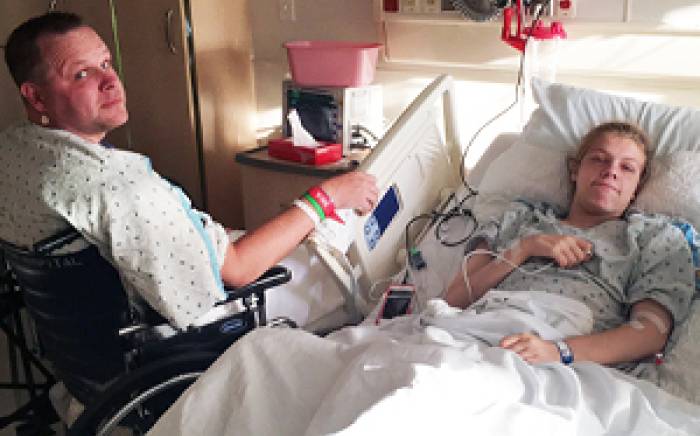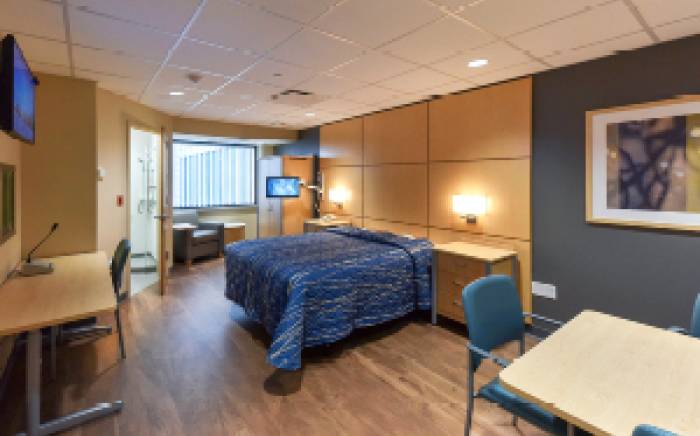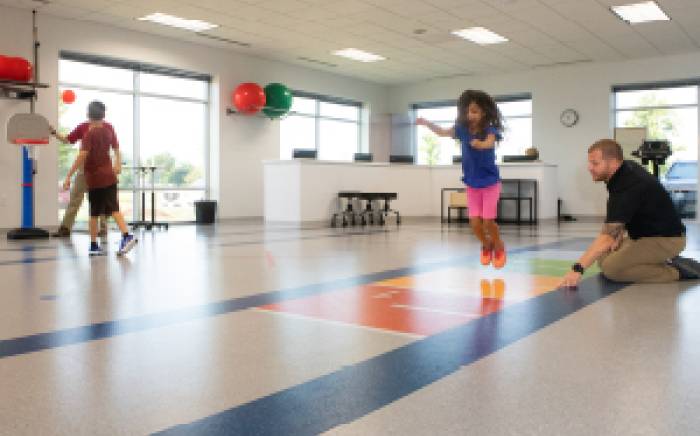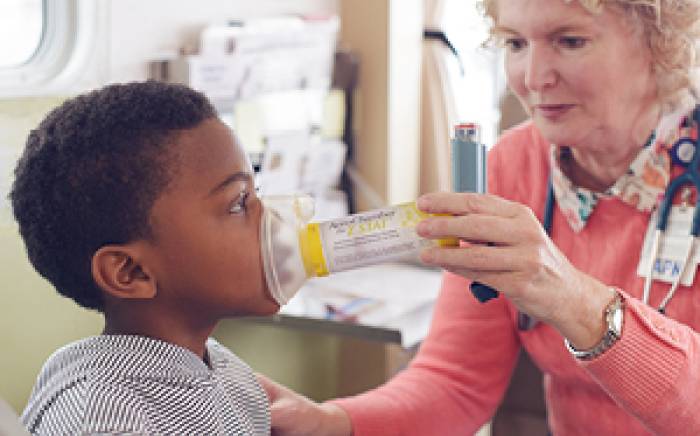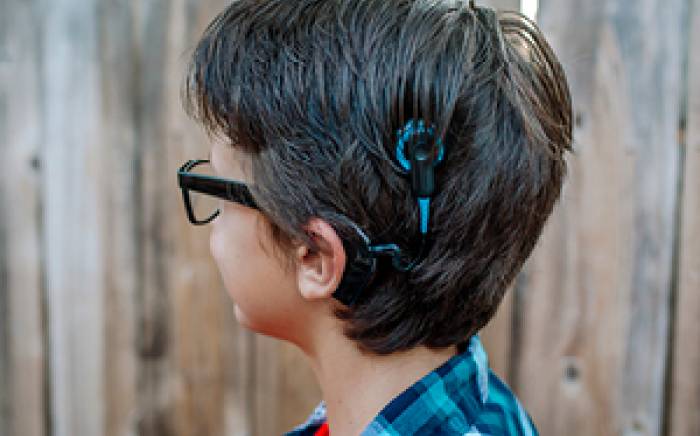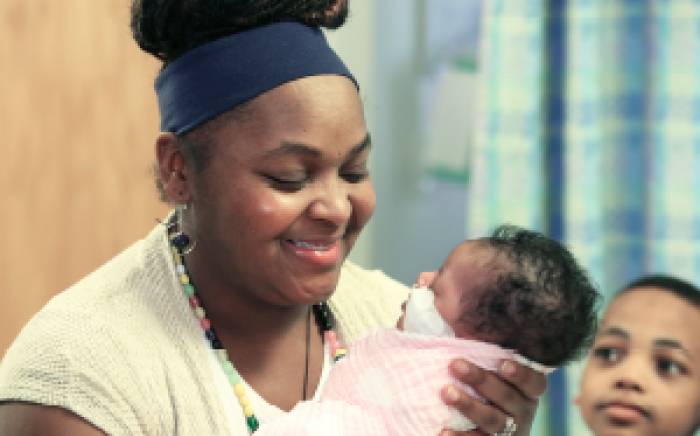 Since 2013, obesity has been listed as a disease in the International Statistical Classification of Diseases and Related Health Problems (ICD) published by the World Health Organization. In the United States, the disease is at epidemic proportions—38 to 40 percent of all adults fit the parameters of the ICD definition.
Since 2013, obesity has been listed as a disease in the International Statistical Classification of Diseases and Related Health Problems (ICD) published by the World Health Organization. In the United States, the disease is at epidemic proportions—38 to 40 percent of all adults fit the parameters of the ICD definition.
More concerning for those caring for pediatric patients are these statistics: Approximately 18 percent of all children in the U.S. are obese, and about 20.6 percent of teens are affected. “Obesity is a complicated disease, with influencing factors that include genetics, environment, behavior, lifestyle and culture,” says Shaina Eckhouse, MD, a bariatric surgeon in the Washington University Weight Loss Surgery Program who is certified by the American Board of Obesity Medicine. “As with adults, it’s not easy for teens with obesity to make the long-term lifestyle changes necessary to lose weight and maintain that loss over a lifetime.”
To help teens control their obesity, the Washington University Weight LossSurgery Program and the Healthy Start Clinic at St. Louis Children’s Hospital have developed a comprehensive approach to offering bariatric surgery to teens as young as 15 years of age. The Weight Loss Surgery Program is accredited for adolescent bariatric surgery as an American Society for Metabolic and Bariatric Surgery (ASMBS) Bariatric Surgery Center of Excellence. It is the first accredited ASMBS center for this surgery both in the city of St. Louis and the state of Missouri. The Healthy Start Clinic focuses on providing optimal medical, nutritional, behavioral and educational support to obese patients and their families. The combined expertise of skilled bariatric surgeons and pediatric specialists in weight management ensures teens considering weight-loss surgery make an informed decision regarding their health.
THE COMPREHENSIVE APPROACH
For adults, a body mass index (BMI) of 40 kg/m is enough for them to qualify for bariatric surgery. For adolescents, the determining factors are a BMI over 35 kg/m and a serious co-morbid condition such as diabetes, fatty liver disease, polycystic ovarian syndrome, hypertension and obstructive sleep apnea; or a BMI over 40 kg/m2 with less-serious comorbid conditions like insulin resistance, glucose intolerance, impaired quality of life or impaired activities of daily living.
“Determining eligibility for surgery is just the first step in our comprehensive approach to adolescent bariatric surgery,” says Dr. Eckhouse. “Teens and their families attend a seminar given by myself or my colleague, Dr. J. Christopher Eagon, at which we give an overview of the problems related to the disease of obesity, the options for treatment, and the benefits and risks of surgery. We give those interested in surgery all the information we have, because if they don’t know what we know, we’ve done them a disservice.”
If they decide surgery may be an option for them, patients meet with a nurse practitioner to again hear about the benefits and risks and to undergo testing, including an endoscopy of the esophagus, stomach and first section of the duodenum. In addition, all surgery candidates undergo an evaluation by a psychologist, dietitian and physical therapist.
“Once a decision is made to move forward with surgery, our patients are required to participate in a six-month long medical weight loss program at the Healthy Start Clinic supervised by Drs. Jennifer Sprague and Janis Stoll,” says Dr. Eckhouse. “Surgery is not a cure for the disease of obesity—it is a good tool to kick start the changes that help patients lose weight and maintain the weight loss long term. The six months spent learning about healthy eating and how to change their lifestyle and behaviors are valuable aids to patients and their families in attaining their weight loss goals.”
DECIDING ON THE TYPE OF SURGERY
Drs. Eckhouse and Eagon offer two types of bariatric surgery for adolescents: the sleeve gastrectomy and gastric bypass. “In most cases, the choice of surgery is based on what the patient feels most comfortable with,” says Dr. Eckhouse. “Making sure the patient and his or her parents understand the differences between the surgeries and the risks associated with each is important to the decision-making process.”
A sleeve gastrectomy involves removing 80 percent of the stomach, changing its volume to a size comparable to a half of a banana. With the gastric bypass, the stomach is divided into a small upper pouch and separated from the larger and lower “remnant” stomach. The small intestine is then connected directly to the small upper pouch. This configuration excludes the “remnant” stomach, duodenum and upper intestines.
“For either surgery, patients need to approach food differently. They go through education prior to surgery and a diet assessment after surgery to ensure they are getting the nutrients they need to stay healthful and safe,” explains Dr. Eckhouse.
After surgery, patients begin with a full liquid diet for seven to 10 days, advance to pureed food for two weeks and then a soft diet for two weeks. Eventually they begin eating regular food with the focus on a high-protein, low-carbohydrate, low-fat diet.
“We see patients seven to 10 days following surgery, then at six weeks, three months, six months and yearly for the rest of their lives,” says Dr. Eckhouse. “Our goal is to ensure they are getting the nutrients they need to stay healthy and losing weight in a healthful way. We also make sure their vitamin levels remain normal after surgery.”
Dr. Eckhouse notes that previous concerns regarding bariatric surgery for adolescents is waning as the benefits of the procedures become more apparent. Most patients with diabetes are able to reduce or eliminate medications. A percentage experience reversal of fatty liver disease changes and inflammation. Others can discontinue using C-PAP machines or taking blood pressure medications. As a result of these beneficial outcomes, an increasing number of insurance companies are covering bariatric surgery for adolescents.
“We now understand how complicated the disease of obesity is and how treating it effectively at an early age means adolescents growing into healthy adults,” says Dr. Eckhouse. “For some patients, bariatric surgery is the most effective treatment and should be included in the treatment options offered to teens and their families.”
For additional information about adolescent bariatric surgery offered by the Washington University Weight Loss Surgery Program or to speak with a member of the Healthy Start Clinic at St. Louis Children’s Hospital, call Children’s Direct at 800.678.HELP (4357).


